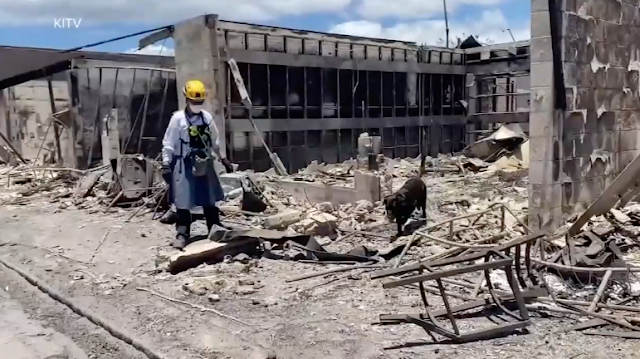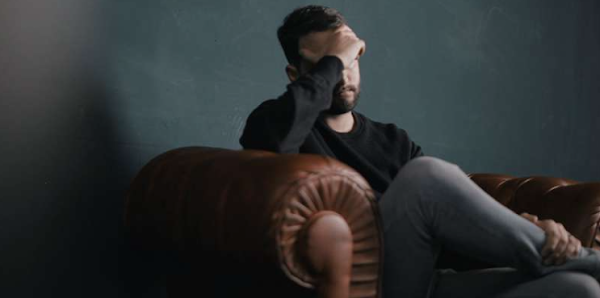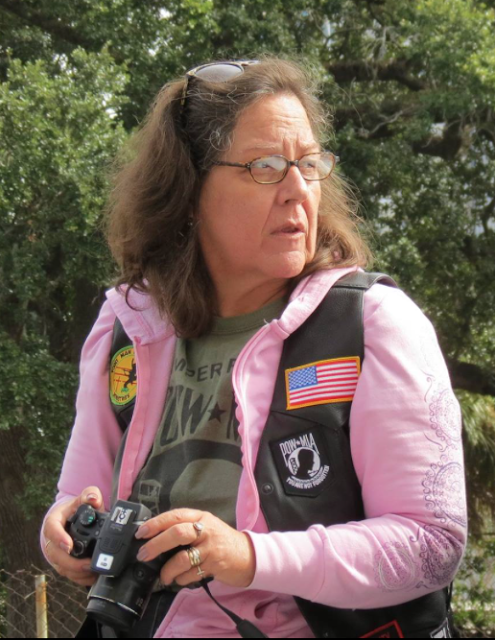Wounded Times
Kathie Costos
October 21, 2022
In the last few posts I put up, I wrote about having to go back into therapy to heal from the loss of my best friend Gunny. I wasn't just dealing with grief but having a hard time understanding how the book I was writing was causing me spiritual turmoil. For most of my life, no matter what happened, I tried to look on the positive side but by editing the last book, I was more connected to the darker parts of the story.
When I told my therapist, she suggested I go with what I was drawn to instead of trying to fight it, and then I'd be able to connect better with the positive side. She was right. It worked. I finished editing the 13th Minister Of The Mystery and realized why I had such a hard time with the other books. I was trying to fit in with what most people consider "Christian" books instead of writing what I believed. I mean, considering these books were intended for people that do not go to church or belong to any kind of organized religious body, it felt fake to me.
The truth is that I no longer attended church services because I didn't feel as if I belonged there, I shouldn't try to fit in with what churchgoers thought. After all, the majority of the people I helped over the last 4 decades, didn't go to church even though the majority believed in God and most believed Jesus was His Son, as much as they believed in the Holy Spirit. Different religious groups believe differently about the subject of the Holy Trinity and have their own rules set by humans. They base what they preach on what they want their people to know and believe what they want them to believe. Whenever I addressed the spiritual connection to healing PTSD, it was all based on the Bible intended to empower them and not indoctrinate them into what I believed.
So here are some facts in case you're wondering if you are alone or not. This is from
PRRIThe Rise of the “Nones” Slows
Disaffiliating white Christians have fueled the growth of the religiously unaffiliated during this period. Only 16% of Americans reported being religiously unaffiliated in 2007; this proportion rose to 19% by 2012, and then gained roughly a percentage point each year from 2012 to 2017. Reflecting the patterns above, the proportion of religiously unaffiliated Americans hit a high point of 26% in 2018 but has since slightly declined, to 23% in 2020.
The increase in proportion of religiously unaffiliated Americans has occurred across all age groups but has been most pronounced among young Americans. In 1986, only 10% of those ages 18–29 identified as religiously unaffiliated. In 2016, that number had increased to 38%, and declined slightly in 2020, to 36%.

The other thing is, within those attending churches, not all belong to the same church body. Anyone suggesting that this is a Christian nation should have to offer a disclaimer that there are many different beliefs under that title and they do so because they do not all agree on doctrine. I was raised in Eastern Orthodox (Greek) faith. This shows the difference.
Live Science
Why does Christianity have so many denominations?
Then, in 1054, the Eastern Orthodox Christians split from the Western Roman Catholics in what's known as the Great Schism. The two groups disagreed on the taking of the sacraments — religious symbols believed to transmit divine grace to the believer. Furthermore, the Eastern Orthodox Christians disagreed with the Roman beliefs that priests should remain celibate and that the Roman pope had authority over the head of the Eastern church, according to Encyclopedia Britannica.
There was even a temporary schism, known as the Western Schism, within the Catholic Church itself in 1378, when two men, and eventually a third, claimed to be the true papal heir. The division lasted almost 40 years, and by the time it was resolved in 1417, the rivaling popes had significantly damaged the reputation (opens in new tab) of the papal office.
Despite this handful of schisms, the Catholic Church successfully suppressed other potential Christian offshoots "partly by sustained persecution [including] actual military expeditions against some labelled heretics, but then also a new system of enquiries into people's beliefs, called inquisitions. With the backing of secular rulers, heretics might be burned at the stake or forced into denying their beliefs," MacCulloch told Live Science via email.
I went back and rewrote The Lost Son Series. It didn't make sense to me anymore. I'm relieved that only a few people read them. Most of the ones that did liked the storyline but some said the Bible passages trapped up the story. Some were even offended by them. That was the last thing I wanted to hear. it meant that the very people I was trying to reach, wouldn't want to read them.
Now the first two episodes are up on Kindle Vella.
The Scribe, book one of Ministers Of The Mystery (You can read the first two for free)
September 13, 2019, the gates of hell groaned open waiting for Chris Papadopoulos to make his final, fatal decision. It started to feel as if his life was a horror novel the ghost of Thomas Aquinas would have started and Edgar Allan Poe was put in charge of the ending. Little did he know how right he was. The book evil forces feared most was in his hands but he forgot he had it.
He went to church while growing up in Salem MA until he was heading left for LA to become a reporter. After surviving many events covering major events, getting wounded, and surviving an attempted murder, he thought God was a vindictive SOB. How many times have you thought the same thing when you tried to do the right thing and saw your life go to hell? I know there were times when I had those same thoughts but they didn't last long.
Surviving what causes PTSD is a lot like that. It hits you when you least expect it and thankfully, the chance to heal comes when you least expect it, and all too often, when you least believe you deserve to be happier. That is exactly what Chris goes through. He didn't realize that what happened to him, also deeply affected his friends. He didn't understand how all of them were struggling to heal too until they began to open up so they could help him heal the way they did.
I believe PTSD strikes the core of who we are. It's an assault on our souls and spreads out to take over our lives until we find the right weapons to defeat it. If you ever hear someone talk about the demon when they have PTSD, that is exactly what we all have to fight and the best way to do that is by understanding what it is, why you have it, what it does to you, and then kicking its ass. Once you understand you do have the power to take its power away, mental health therapy works wonders but when you add in spiritual help, you have a fuller recovery and can come out on the other side of this darkness maybe even better than you were before "it" happened to you.



















